Insights | Understanding the Upper Prep School curriculum
10 Jun 2019
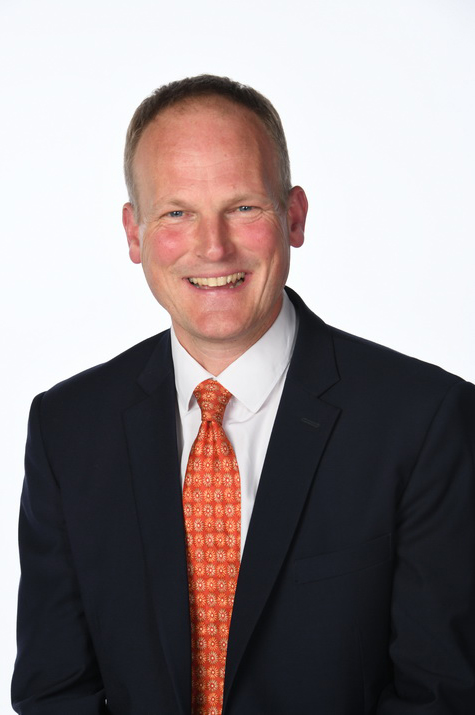
Andrew Willis Head of Prep School
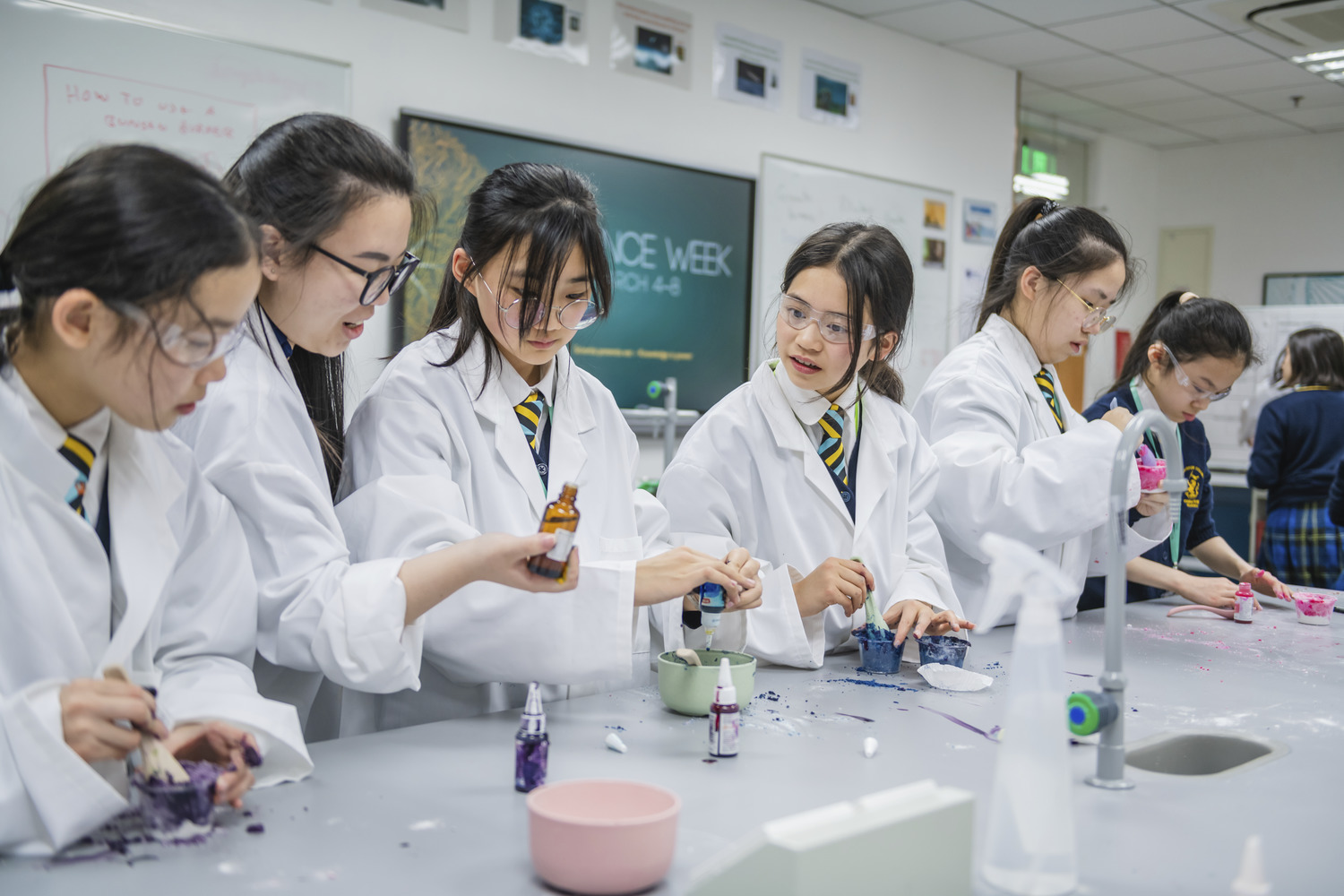 It is this question of ‘what are we preparing pupils for?’ that drives us as educators, and it has led us to carefully examine and rework our Prep School curriculum. An awful lot of thought, care, passion and creativity from every teacher has gone into this process, and as a team we are extremely proud of the result and excited at the prospect of delivering it to our pupils.Accordingly, I would like to share with you the outline of the enhanced curriculum and what we hope to achieve by teaching it.
It is this question of ‘what are we preparing pupils for?’ that drives us as educators, and it has led us to carefully examine and rework our Prep School curriculum. An awful lot of thought, care, passion and creativity from every teacher has gone into this process, and as a team we are extremely proud of the result and excited at the prospect of delivering it to our pupils.Accordingly, I would like to share with you the outline of the enhanced curriculum and what we hope to achieve by teaching it.  So what are we preparing our pupils for? If achieving good exam results is the narrowest focus, what are we looking at when we ‘zoom out’? Put simply, we are preparing every Wellingtonian to enjoy a ‘good’ life. If that sounds far too broad and vague now, let me fill in some of the gaps!
Our belief is that every pupil should leave the Prep School completely confident that they are ready to tackle whatever challenges that the next stage of their life throws at them. We are not only preparing them to be academically successful, we also want them to be successful and fulfilled in their careers, their personal projects, and their relationships with others. We want them to have the physical, mental and emotional wellbeing to be happy in every sphere of their lives. We want them to feel secure enough in themselves to take considered risks; to travel, to be ambitious, to test themselves in multiple arenas, to actively seek out what life has to offer them and what they have to offer other people.
Again, in short, we want to prepare them to have a ‘good’ life! We want our pupils to enjoy a life that is exciting, engaging, meaningful and, most importantly, a life that they find fulfilling by their own definitions and on their own terms.
So what are we preparing our pupils for? If achieving good exam results is the narrowest focus, what are we looking at when we ‘zoom out’? Put simply, we are preparing every Wellingtonian to enjoy a ‘good’ life. If that sounds far too broad and vague now, let me fill in some of the gaps!
Our belief is that every pupil should leave the Prep School completely confident that they are ready to tackle whatever challenges that the next stage of their life throws at them. We are not only preparing them to be academically successful, we also want them to be successful and fulfilled in their careers, their personal projects, and their relationships with others. We want them to have the physical, mental and emotional wellbeing to be happy in every sphere of their lives. We want them to feel secure enough in themselves to take considered risks; to travel, to be ambitious, to test themselves in multiple arenas, to actively seek out what life has to offer them and what they have to offer other people.
Again, in short, we want to prepare them to have a ‘good’ life! We want our pupils to enjoy a life that is exciting, engaging, meaningful and, most importantly, a life that they find fulfilling by their own definitions and on their own terms.
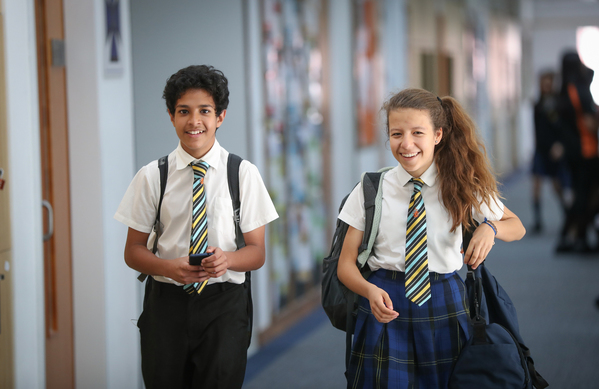
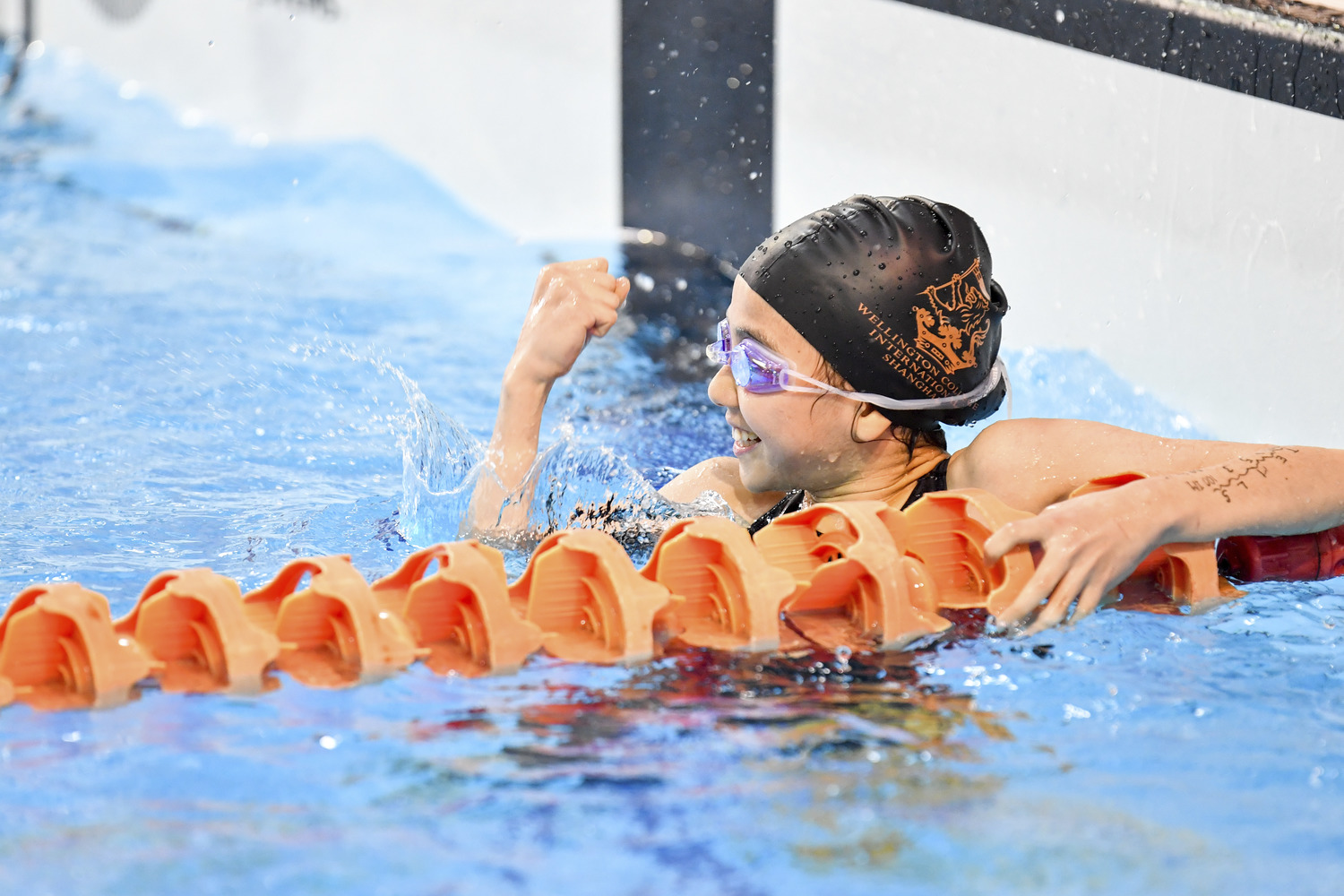 Why it’s important: Life can often be difficult and complicated, so it’s best to be able to rely on yourself before others. We’re not expecting pupils to magically achieve this by themselves, but to build up their independence over time. By their university or early career years, we want them to be able to independently handle any challenge or learning experience, confident with tools they have. We want them to shape and lead their own learning, and to make the most of every encounter.
Why it’s important: Life can often be difficult and complicated, so it’s best to be able to rely on yourself before others. We’re not expecting pupils to magically achieve this by themselves, but to build up their independence over time. By their university or early career years, we want them to be able to independently handle any challenge or learning experience, confident with tools they have. We want them to shape and lead their own learning, and to make the most of every encounter.
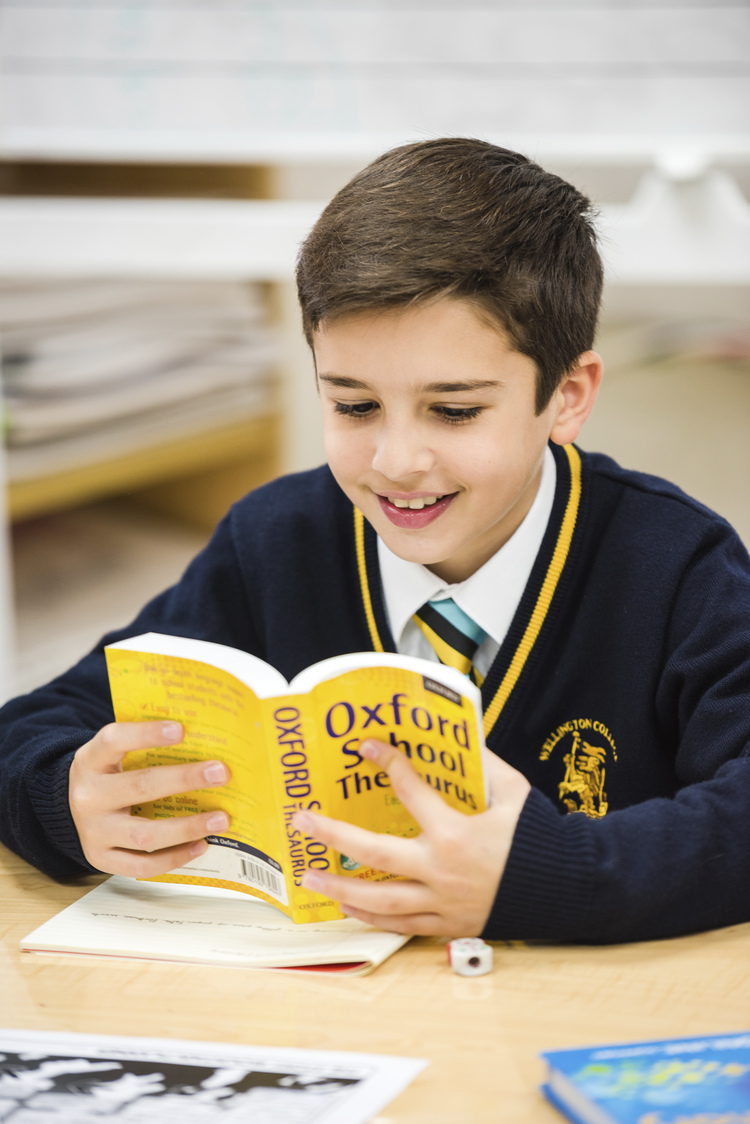 Why it’s important: It’s one thing to have great ideas, but without the confidence and technical ability to fully shape them, those ideas either fail to live up to their potential or they go to waste entirely. By utilising a wide variety of literary tools and techniques, honed and experimented with during lots of different learning scenarios, pupils can learn how to take hold of their ideas and breathe life into them.
Why it’s important: It’s one thing to have great ideas, but without the confidence and technical ability to fully shape them, those ideas either fail to live up to their potential or they go to waste entirely. By utilising a wide variety of literary tools and techniques, honed and experimented with during lots of different learning scenarios, pupils can learn how to take hold of their ideas and breathe life into them.
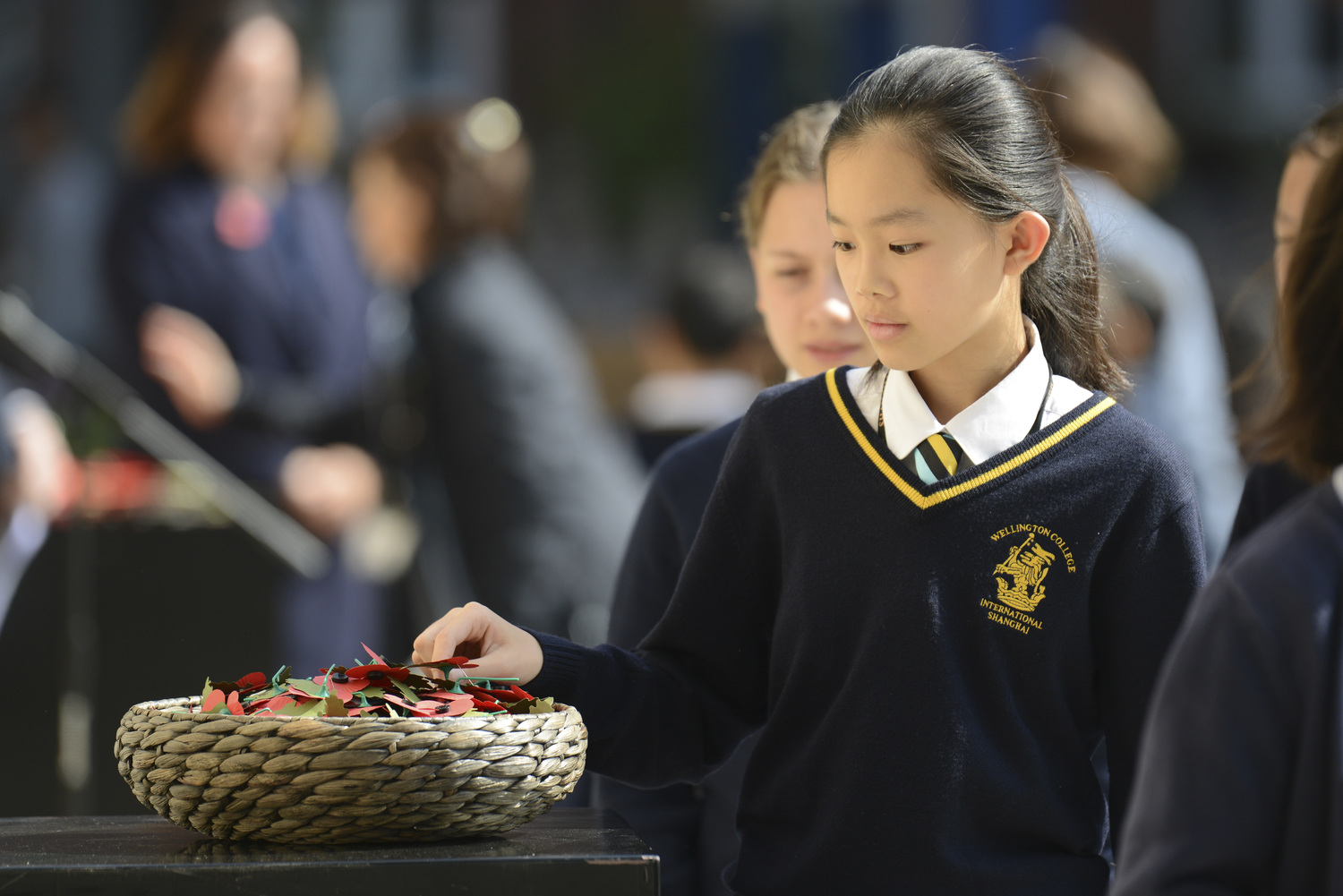 Why it’s important: No matter how many politicians try to deny it, we are all living in a shared world, with a shared environment and a shared responsibility to improve it. By becoming global citizens, our pupils will better understand and live up to this sense of responsibility.
Why it’s important: No matter how many politicians try to deny it, we are all living in a shared world, with a shared environment and a shared responsibility to improve it. By becoming global citizens, our pupils will better understand and live up to this sense of responsibility.
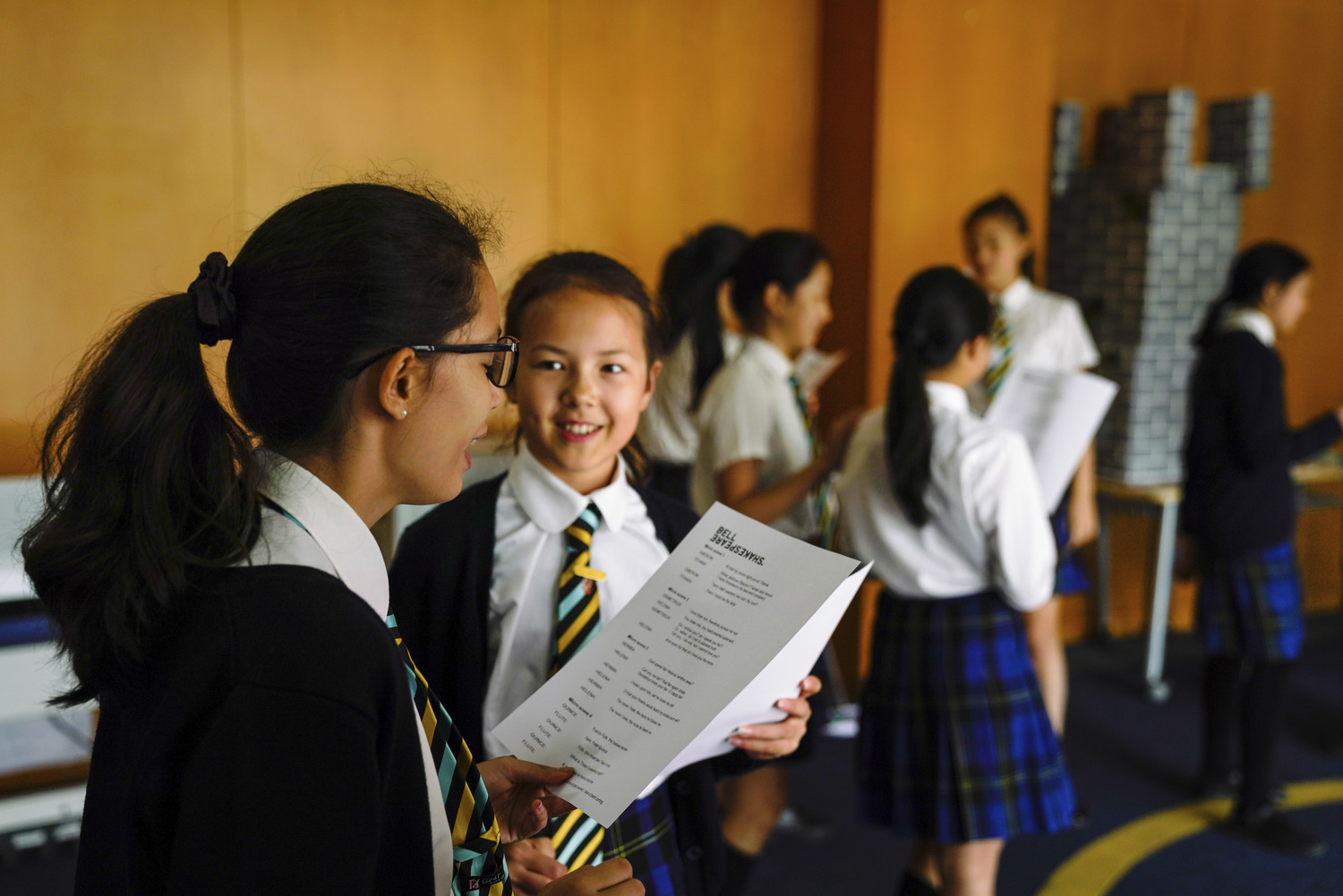 Why it’s important: Communication is an essential life skill and talking is an equally essential learning tool. We want pupils to be keen debaters and discussers, to think aloud, to articulate their thoughts and ideas with confidence and conviction.
To put this into context, by the end of year 8, we want each pupil to be confident enough to give a TEDTalk-style address in the College Theatre. This is because the clear and articulate expression of their thoughts will serve them well in many different situations and contexts; whether they are talking academically, professionally or socially, what they say, and how they say it, really does matter.
Why it’s important: Communication is an essential life skill and talking is an equally essential learning tool. We want pupils to be keen debaters and discussers, to think aloud, to articulate their thoughts and ideas with confidence and conviction.
To put this into context, by the end of year 8, we want each pupil to be confident enough to give a TEDTalk-style address in the College Theatre. This is because the clear and articulate expression of their thoughts will serve them well in many different situations and contexts; whether they are talking academically, professionally or socially, what they say, and how they say it, really does matter.
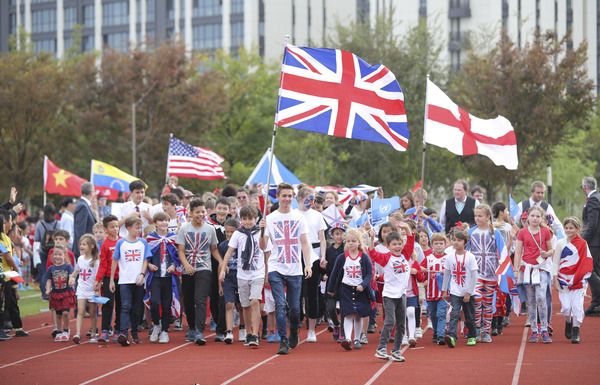 Why it’s important: Speaking candidly, life at an international school can easily lead pupils to live comfortably within an expat bubble, disconnected to the wider context of the place where they live and study. We want our pupils to be able to engage with Shanghai, China, or anywhere they may subsequently choose to live. They must be able to question what it means to ‘get inside’ a city, a country, a culture, and learn from it, absorbing its lessons with respect and good-natured curiosity.
Why it’s important: Speaking candidly, life at an international school can easily lead pupils to live comfortably within an expat bubble, disconnected to the wider context of the place where they live and study. We want our pupils to be able to engage with Shanghai, China, or anywhere they may subsequently choose to live. They must be able to question what it means to ‘get inside’ a city, a country, a culture, and learn from it, absorbing its lessons with respect and good-natured curiosity.
 Why it’s important: We’re living in a time when young people are capable of affecting significant positive change in politics, culture, technological advancements and more. When they consider their future lives, we want our pupils to instinctively search for ways to help others as well as themselves. Whether its forging links with less fortunate children in local schools, driving College-wide recycling efforts, or something else entirely, the impact of their actions should be a force for good in the world.
Why it’s important: We’re living in a time when young people are capable of affecting significant positive change in politics, culture, technological advancements and more. When they consider their future lives, we want our pupils to instinctively search for ways to help others as well as themselves. Whether its forging links with less fortunate children in local schools, driving College-wide recycling efforts, or something else entirely, the impact of their actions should be a force for good in the world.
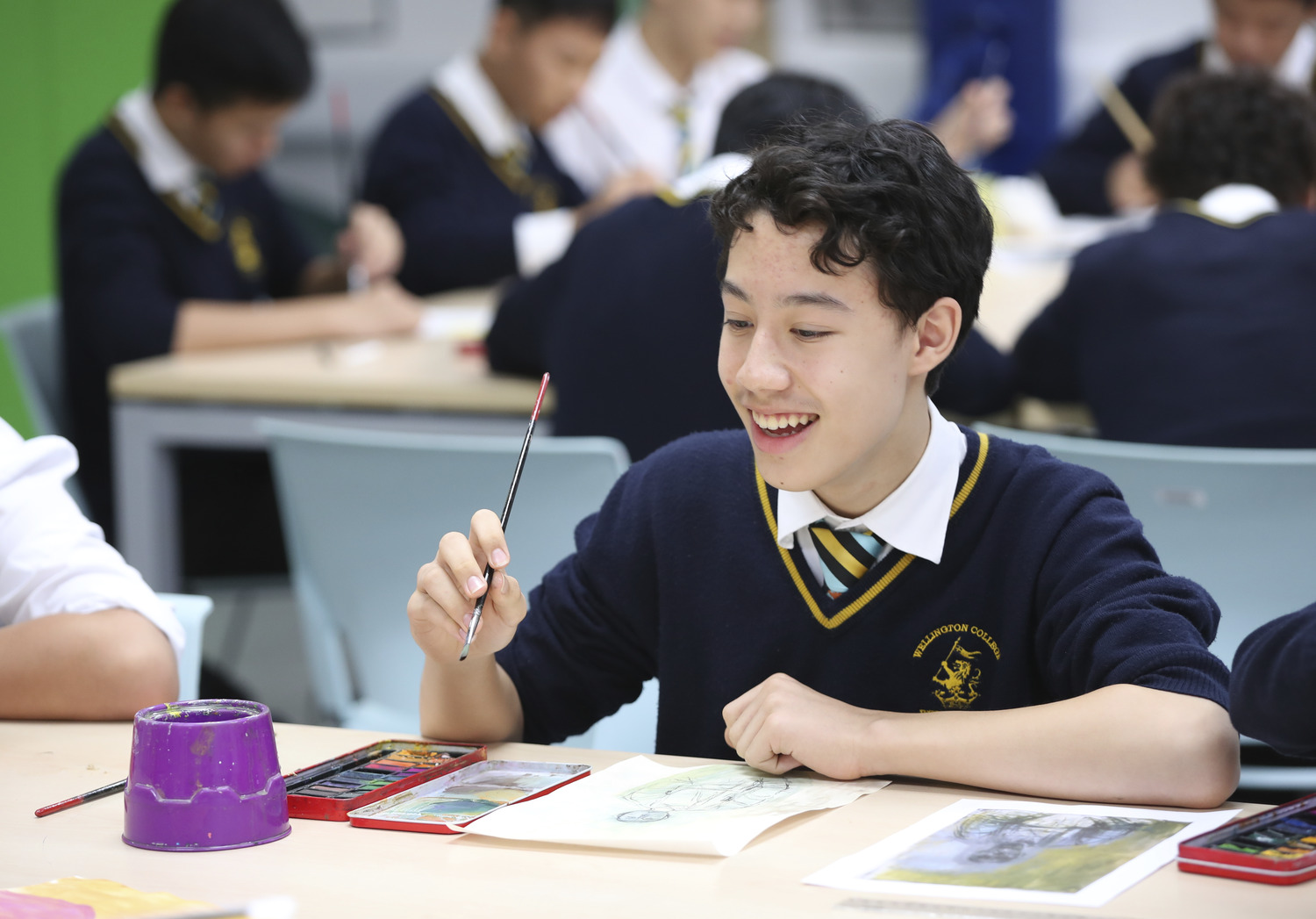 Why it’s important: There isn’t one single form of intelligence, there are many. There are different ways for our pupils to think and learn, to work with peers, to test ideas and each other, to prepare for exams and future challenges. By becoming better thinkers, by ‘thinking out loud’ (this is metacognition in a nutshell!) pupils will find themselves better prepared for literally any challenge or life situation.
Imagine that your brain is equipped with the world’s most impressive utility belt, packed with tools suitable for every job – this is what we want our children to develop.
Why it’s important: There isn’t one single form of intelligence, there are many. There are different ways for our pupils to think and learn, to work with peers, to test ideas and each other, to prepare for exams and future challenges. By becoming better thinkers, by ‘thinking out loud’ (this is metacognition in a nutshell!) pupils will find themselves better prepared for literally any challenge or life situation.
Imagine that your brain is equipped with the world’s most impressive utility belt, packed with tools suitable for every job – this is what we want our children to develop.
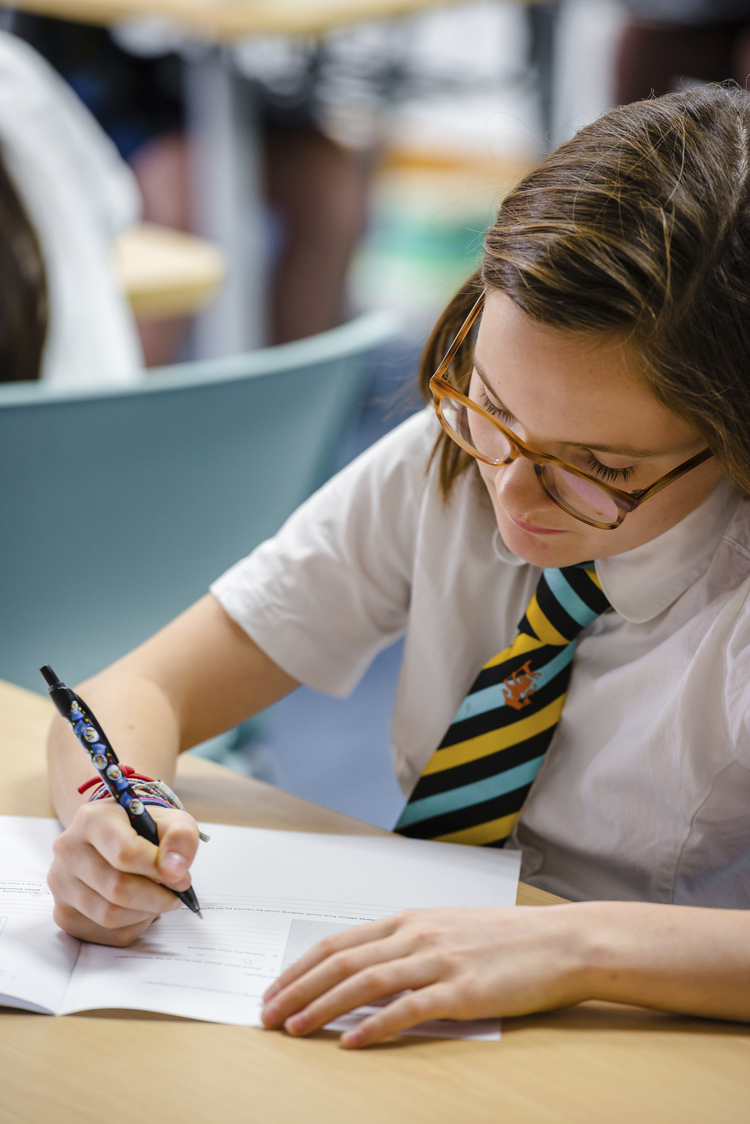 Why it’s important: Much like talking, learning to read widely, confidently and ambitiously is a vital discipline for lifelong learning. We want our pupils to go beyond their initial understanding of a subject and get to grips with high-level, subject-specific language that is sophisticated and expressive. By delving into the specifics of a subject, pupils can unlock its deeper meaning, which may inform their understanding of a whole range of other topics and concepts.
We also want pupils to be academically critical of everything they encounter. From news sources to textbooks and periodicals, they should always be asking themselves: “Why? Why is this the way it is?”
Why it’s important: Much like talking, learning to read widely, confidently and ambitiously is a vital discipline for lifelong learning. We want our pupils to go beyond their initial understanding of a subject and get to grips with high-level, subject-specific language that is sophisticated and expressive. By delving into the specifics of a subject, pupils can unlock its deeper meaning, which may inform their understanding of a whole range of other topics and concepts.
We also want pupils to be academically critical of everything they encounter. From news sources to textbooks and periodicals, they should always be asking themselves: “Why? Why is this the way it is?”
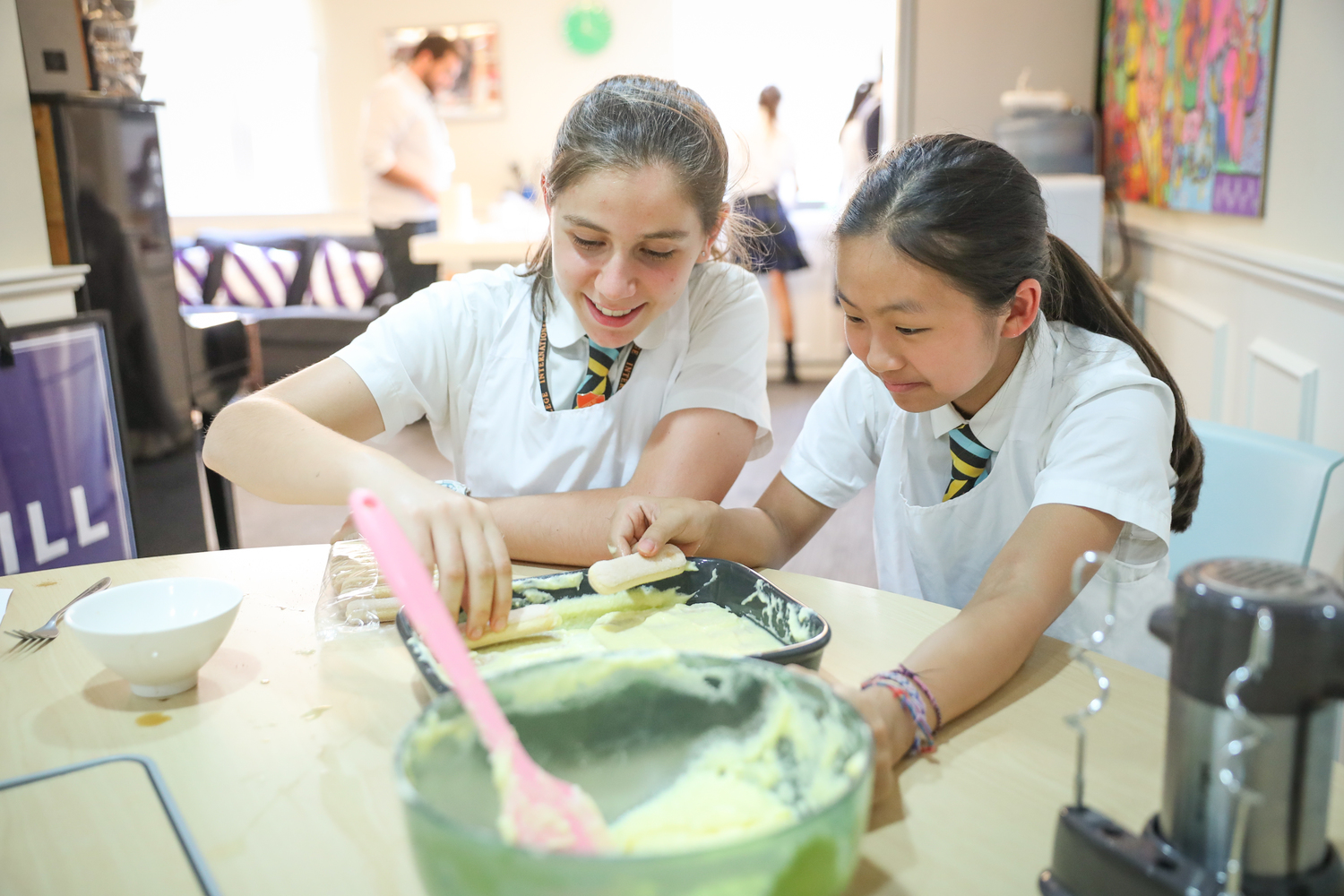 Why it’s important: With knowledge and skills, our pupils will have tangible tools to utilise in life’s many complex and demanding situations. We want them to eagerly absorb what’s on offer and carry that attitude with them throughout the rest of their lives.
Why it’s important: With knowledge and skills, our pupils will have tangible tools to utilise in life’s many complex and demanding situations. We want them to eagerly absorb what’s on offer and carry that attitude with them throughout the rest of their lives.

Related Articles

The Bamboo: A Cross-Curricular Journey in Chinese Learning22 Jan 2026
Caroline ZhangHead of Primary School ChineseHave you ever wondered how something as simple as a piece of bamboo can open up an entire world of discovery for children? In our Chinese classrooms at Wel
Read More

Check Out Our Inaugural Wellington Shanghai Alumni Reunion Day12 Jun 2025
Once a Wellingtonian, Always a Wellingtonian! On Monday June 2 we welcomed Old Wellingtonians (OWs) back to campus for our first ever Wellington Shanghai Alumni Reunion Day. Over 40 Old Wellingtonian
Read More

Every Pupil Is a Mathematician: Maths Learning in Primary School27 Nov 2025
Maths Masteryin Primary David Barton Head of Primary Maths Primary maths serves as the cornerstone for future academic achievements. It goes beyond simply getting the right answers. In developing stro
Read More










